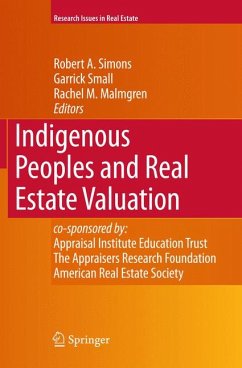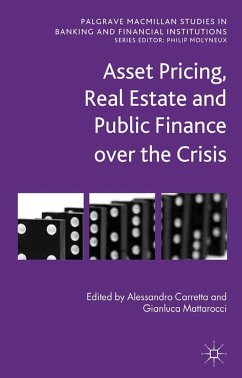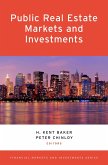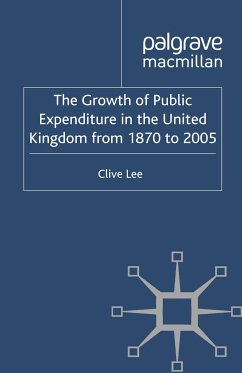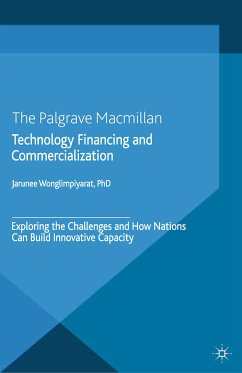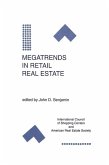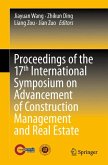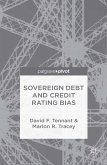Sponsored by the American Real Estate Society (ARES), Indigenous Peoples and Real Estate Valuation addresses a wide variety of timely issues relating to property ownership, rights, and use, including: ancestral burial, historical record of occupancy, treaty implementation problems, eminent domain, the effects of large governmental change, financing projects under formal and informal title or deed document systems, exclusive ownership vs. non-exclusive use rights, public land ownership, tribal or family land claims, insurgency and war, legal systems of ownership, prior government expropriation of lands, moral obligation to indigenous peoples, colonial occupation, and common land leases. These issues can also be broadly grouped into topics, such as conflict between indigenous and western property rights, communal land ownership, land transfer by force, legacy issues related to past colonization and apartheid, and metaphysical/indigenous land value.
Covering contemporary practices around the world, this volume features research from an international array of authors, exploring the economic, demographic, political, legal, and cultural dimensions of property ownership-and the conflicts that emerge when systems clash. Including in-depth case studies and policy recommendations, this volume will be a valuable resource for government leaders and economic policymakers, urban planners and property developers, advocates of indigenous people's rights, lenders, and other industry professionals.
"Indigenous Peoples and Real Estate Valuation is agreat beginning for a more methodological way of understanding and being able to deal with people's right to land. The study is important in that it clarifies that the majority of the people of the world do not adhere to the western method of land rights, thus raising the question: Who is right? Is it the indigenous people of the world or the "deeded" people of the western world? If one steps back a bit from all this and realizes that this world was created for your use and we actually leave this world with nothing, even if we owned large parcels of land, then we might realize that we need to learn from the different indigenous peoples of the world how to use this land and leave it for future generations."
Aly Karam School of Architecture and Planning University of the Witwatersrand
Dieser Download kann aus rechtlichen Gründen nur mit Rechnungsadresse in A, B, BG, CY, CZ, D, DK, EW, E, FIN, F, GR, HR, H, IRL, I, LT, L, LR, M, NL, PL, P, R, S, SLO, SK ausgeliefert werden.

